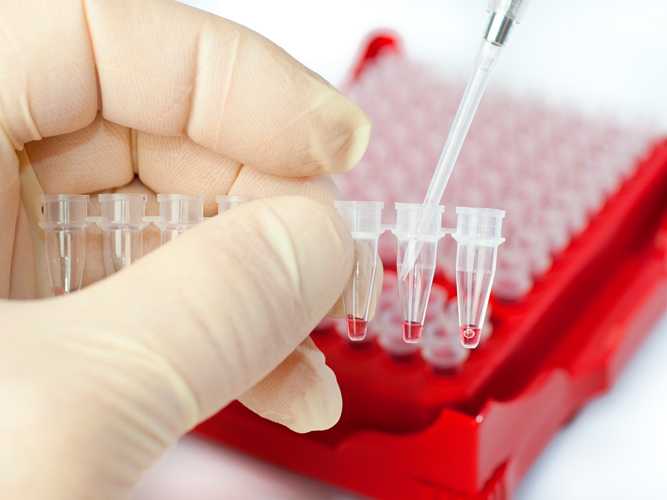
Research that lasted almost half a century, ended with a scientific breakthrough.
This was reported by URA-Inform with reference to ScienceAlert.
In 1972, a pregnant woman reportedly gave blood for a test and doctors discovered that it was mysteriously missing a surface molecule that was present on all other red blood cells known at the time.
Fifty years later, this strange molecular absence finally led to researchers in the UK and Israel describing a new blood group system in humans. The team published a paper on their discovery in September 2024.
“This is a huge achievement and the culmination of a long team effort to finally create this new blood group system and be able to offer better care to rare but important patients,” said NHS haematologist Louise Tilley.
Previous research has shown that more than 99.9% of people have an antigen called AnWj, which was missing from the pregnant woman whose blood was tested. The antigen lives on a protein in myelin and lymphocytes, leading scientists to name the newly described system the MAL blood type.
That is, if someone has a mutated version of both copies of their MAL genes, they end up with an AnWj-negative blood type, just like the pregnant patient. Tilley and her team found three patients with the rare blood type who did not have this mutation, suggesting that sometimes blood disorders can also cause the antigen to be suppressed.
“MAL is a very small protein with some interesting properties that make it difficult to identify and mean we need to pursue several lines of research to build up the evidence needed to establish this blood group system,” said University of the West of England cell biologist Tim Satchwell.
The MAL protein is known to play a vital role in maintaining the stability of cell membranes and facilitating cellular transport. Moreover, previous studies have shown that AnWj is not actually present in newborns, but appears shortly after birth.
Genetic studies have confirmed that the AnWj antigen is absent due to hereditary mutations, which opens up new possibilities for accurate diagnosis and treatment of blood diseases.
Recall that earlier it was reported about who needs more sleep, men or women: an unexpected conclusion of scientists.

